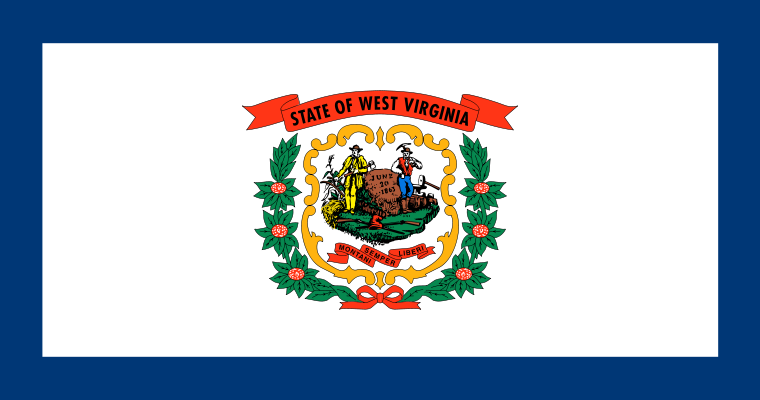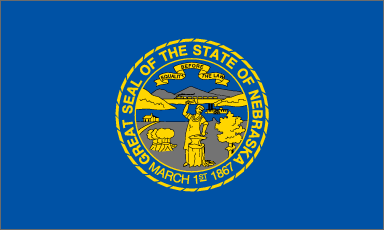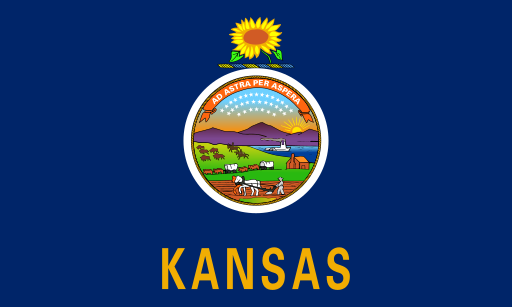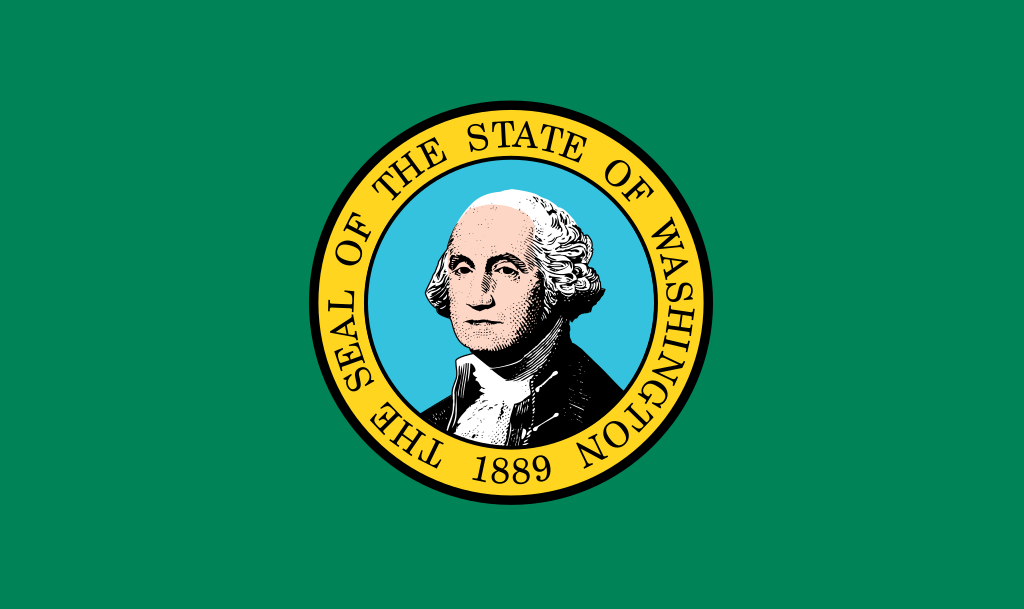Author: Audrey Bayne
-
Arizona Supreme Court ruling expands unemployment insurance eligibility to more workers who quit (2024)

The Arizona Supreme Court decided on January 26, 2024, to expand the definition of intolerable work conditions, making it easier for certain people who quit their jobs to claim unemployment insurance benefits. The court argued in its Barriga v. ADES/Precision ruling thatexisting regulations defining intolerable working conditions related to poor relationships with coworkers did not…
-
West Virginia lawmakers consider bills to reduce unemployment insurance benefits

West Virginia lawmakers on February 19, 2024, introduced two bills related to unemployment insurance, proposing to index the length of unemployment insurance benefits to the state's unemployment rate and reduce the maximum benefit amount in relation to the state's average weekly wage. Senate Bill 840 would reduce the maximum number of benefit weeks to 12…
-
Nebraska advances bill proposing maximum unemployment insurance benefit period reduction

Nebraska lawmakers in the Business and Labor Committee on February 13, 2024, advanced Legislative Bill 1170, which proposes cutting the maximum unemployment insurance benefit period from 26 weeks down to 16 weeks. The committee advanced the bill 4-3 and designated it as priority legislation for the full legislature. Legislative Bill 1170 now goes before the…
-
Weekly unemployment insurance claims fall to 218,000

New applications for U.S. unemployment insurance benefits fell 9,000 for the week ending February 3 to a seasonally adjusted 218,000. The previous week's figure was revised up by 3,000 to 227,000. The four-week moving average as of February 3 rose 3,750 from the previous week's revised average to 212,250. The number of continuing unemployment insurance…
-
Kansas legislators introduce bill proposing state unemployment insurance benefit pause when federal benefit supplements are available

Kansas House of Representatives introduced House Bill 2570 on January 23, 2024, which proposed pausing state unemployment insurance benefits when the federal government creates temporary benefit supplements—such as the $600 weekly stipends issued by the federal government during the COVID-19 pandemic. The bill also proposed the following: Unemployment insurance is a joint federal and state…
-
South Carolina lawmakers advance unemployment insurance indexing bill

South Carolina lawmakers on January 25, 2024, advanced a bill out of committee proposing to index the length of unemployment insurance benefits to the state's unemployment rate. House Bill 4710 would reduce the maximum number of benefit weeks to 12 when the unemployment rate is at or below 5.5%. The bill would cap the maximum…
-
Washington State Senate introduces bill proposing unemployment insurance benefits for striking workers

Legislators in the Washington State Senate introduced a bill on January 8, 2024, that proposed allowing striking workers to claim unemployment insurance benefits. Washington Senate Bill 5777 passed the Senate Committee on Labor and Commerce on January 16, 2024, and advanced to the Rules Committee on January 17, 2024, for a second reading. Currently, New…
-
Illinois law requiring unemployment insurance taxes for contractors takes effect

Illinois House Bill 3301 took effect on January 1, 2024, amending Illinois' Unemployment Insurance Act to update the definition of a newly hired employee to include independent contractors. The updated definition requires employers to pay state unemployment insurance taxes for contractors. House Bill 3301 passed the Illinois House on March 22, 2023, and the Senate…
-
South Dakota unemployment insurance tax cut takes effect

South Dakota House Bill 1011, which decreases the state unemployment tax rate for employers by 0.5%, took effect Jan. 1, 2024. The state estimates businesses will save about $18 million in taxes in 2024 under the new law. Gov. Kristi Noem (R) signed the bill on Feb. 1, 2023. The state Senate passed the bill…
-
Three Arkansas unemployment insurance laws take effect

Three unemployment insurance laws in Arkansas went into effect on January 1, 2024. Together, Acts 106, 196, and 587 reduce maximum unemployment insurance benefits, establish the contribution rate of employers, disqualify an individual from receiving benefits under certain circumstances of refusing a job offer or failing to attend a job interview, and require benefit recipients…

